
Womb Health Herbs to Strengthen and Tone the Uterus Naturally
Table of Contents
Herbs are the most powerful healers for the womb. They’ve been gathered and passed from woman to woman for centuries, trusted as allies through the tides of bleeding and menopause. Every culture has carried its own green medicine chest for the womb, and those traditions still live in our bodies today.
Herbs can be used in versatile ways to nurture womb health, and different herbs present different benefits that target distinct functions.
This article dives into the world of womb health herbs, what they do inside your body, and the many ways you can bring them into your own care routine.
The Best Herbs for Womb Health
Moringa Leaf
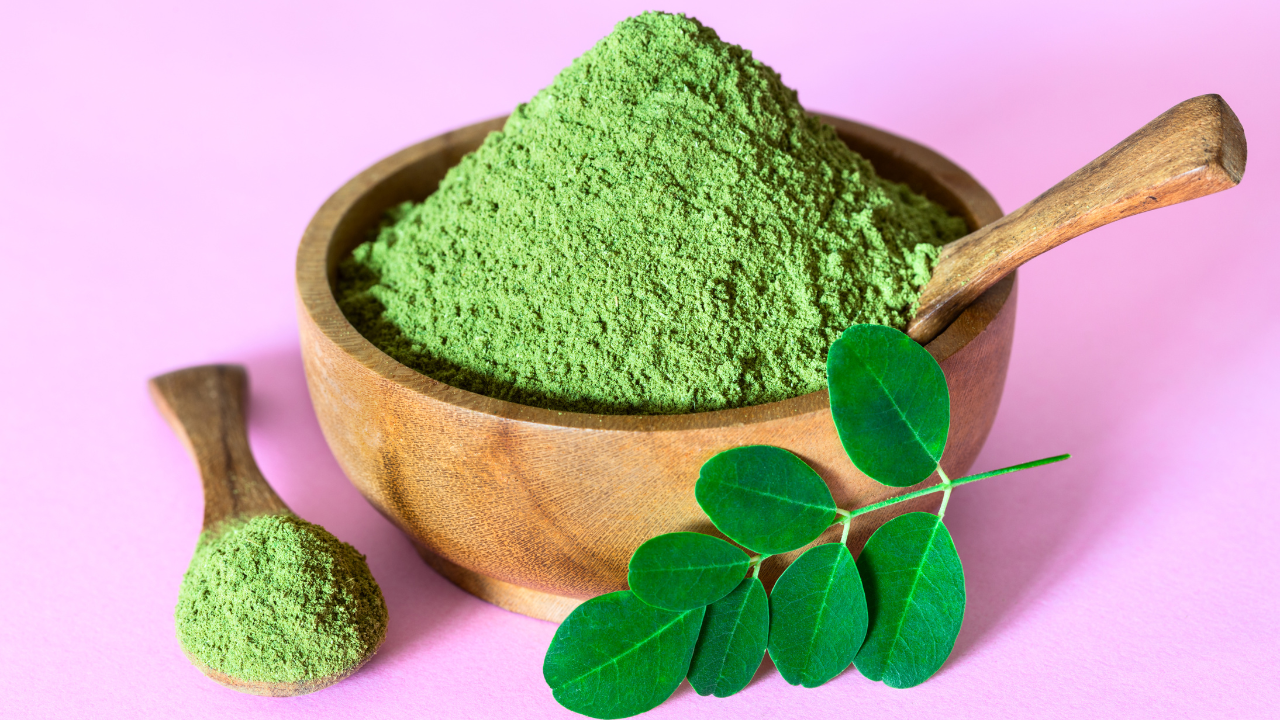
Moringa is often called the “miracle tree.” Its leaves are bursting with iron, calcium, vitamin C, and minerals the womb depends on to thrive. In villages across Africa and Asia, new mothers are still given steaming bowls of Moringa soup to replenish their blood and encourage milk to flow.
It is great at strengthening red blood cell count, stabilizing hormones by improving nutritional status, and setting the stage for healthy fertility. While most women can drink Moringa tea or add the powder to food safely, it should be approached with caution if there are kidney issues or blood pressure medication in the picture, since it can influence fluid balance and circulation.
Chamomile
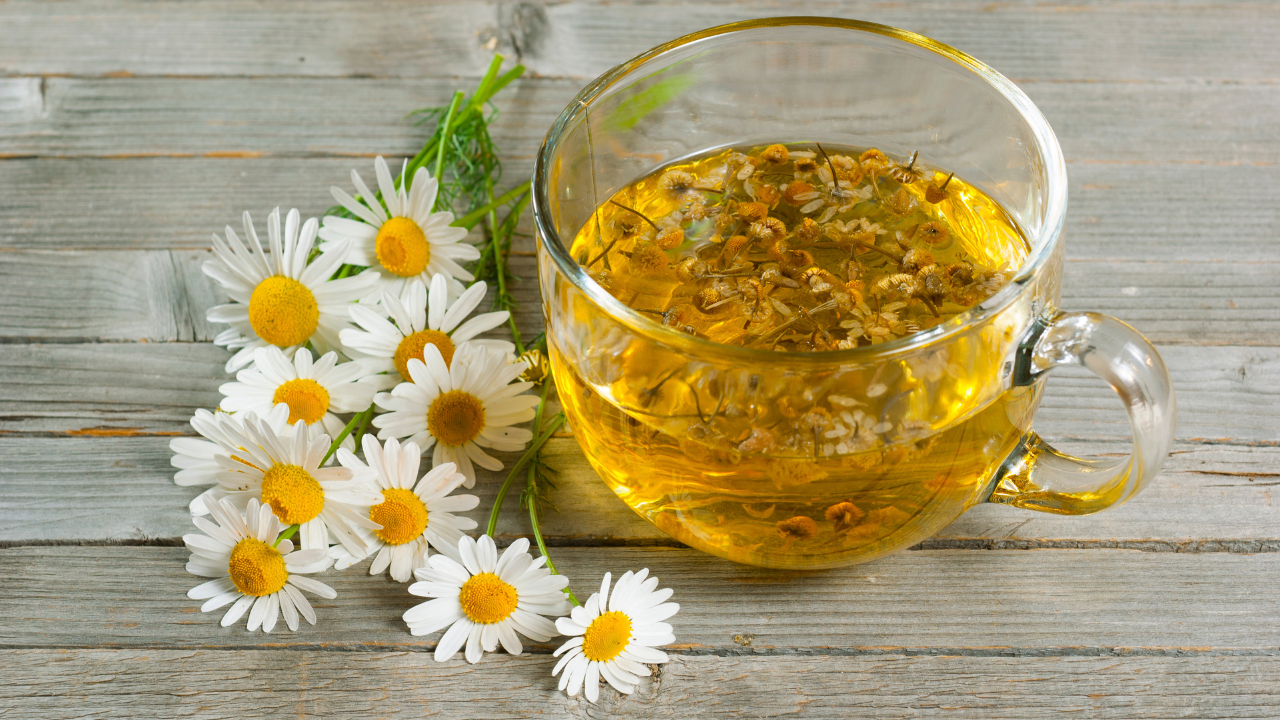
Women have leaned on chamomile for centuries to soften the edge of pain. A warm cup of chamomile tea can unknot cramps that grip the uterus. It relaxes muscle spasms in the pelvis and can bring quiet to a restless night of tossing with PMS irritability. For women with endometriosis, chamomile can soothe inflammation.
Chamomile is a nervine, meaning it works with the nervous system, helping it to settle. This makes it a trusted ally for anyone who finds their moods and sleep unravel in the days before bleeding. Safe and gentle in tea form, it becomes stronger as a tincture. Caution is needed if you’re on anticoagulants or in the delicate stages of pregnancy.
Ashwagandha
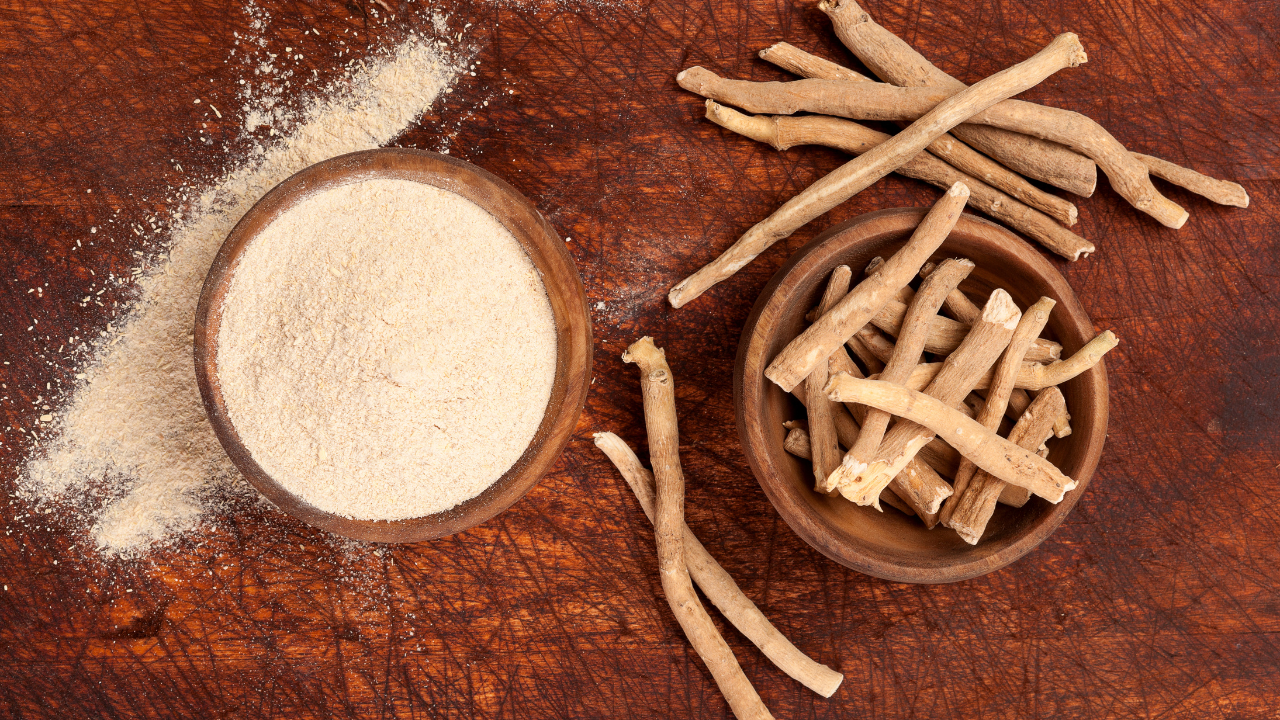
Ashwagandha is a root that is a powerful tonic in Ayurveda. For women, this adaptogen has always been a lifeline during times of depletion. Stress is one of the greatest disruptors of hormonal health, and Ashwagandha works by calming cortisol so reproductive function can steady itself again. In women with endometriosis, it cools the fiery inflammation that worsens pain.
In those navigating fertility challenges, it restores energy reserves that constant stress has drained. Best taken as a capsule or tincture, Ashwagandha should be avoided during pregnancy unless guided by a skilled practitioner, and used with care if thyroid or sedative medications are part of your world.
Adaptogenic Mushrooms (Reishi, Cordyceps, Lion’s Mane)
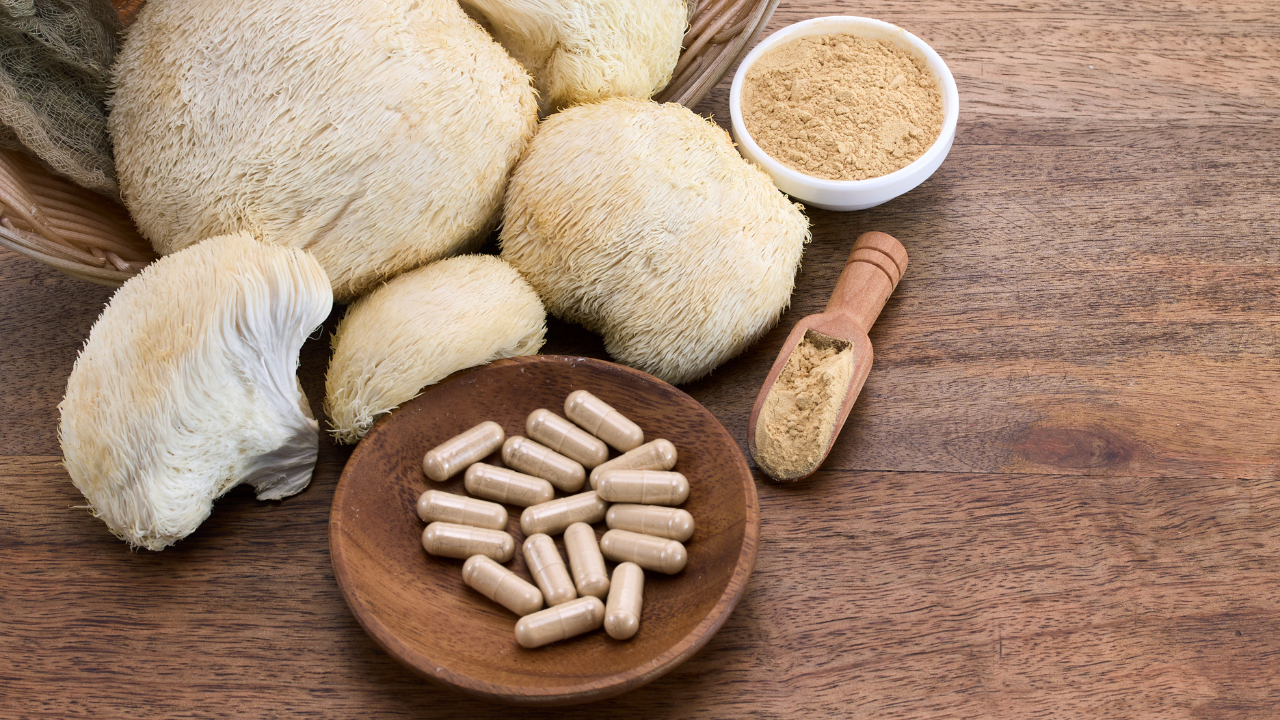
For women’s reproductive health, certain mushrooms offer adaptogenic support. Reishi has long been known as the “queen healer,” calming the nervous system and steadying the swings of mood. It also eases hot flashes and sleep disruption that often come with perimenopause and menopause.
Cordyceps is linked to stamina, libido, and fertility support, making it especially valuable when desire feels flat or energy is depleted. Lion’s Mane, though often praised for its brain-boosting qualities, also indirectly supports reproductive wellness by regulating the immune system and reducing the kind of inflammation that underlies many gynecological disorders. Most women enjoy these mushrooms as powdered blends whisked into tea or warm milk or in capsule form.
Nettle Leaf
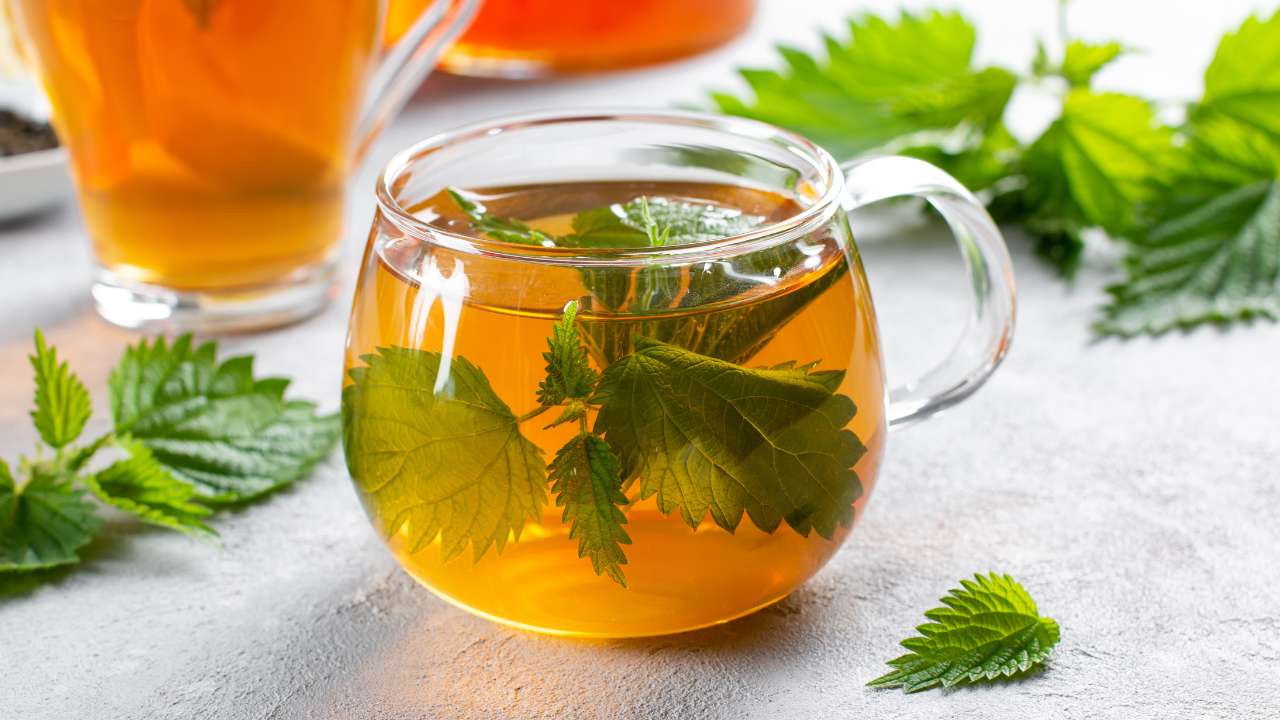
Nettle may sting when touched fresh, but once dried and steeped, it becomes one of the most nourishing herbs for women. Rich in calcium, magnesium, and chlorophyll, nettle builds the blood and restores depleted mineral reserves. Women who bleed heavily or feel sluggish during their cycles often find that nettle tea strengthens by lifting fatigue and steadying iron levels.
Its dark green infusion has long been used in midwifery to enhance postpartum recovery and encourage milk production. Unlike more forceful herbs, nettle can be sipped daily, but not during pregnancy.
Vitex (Chasteberry)
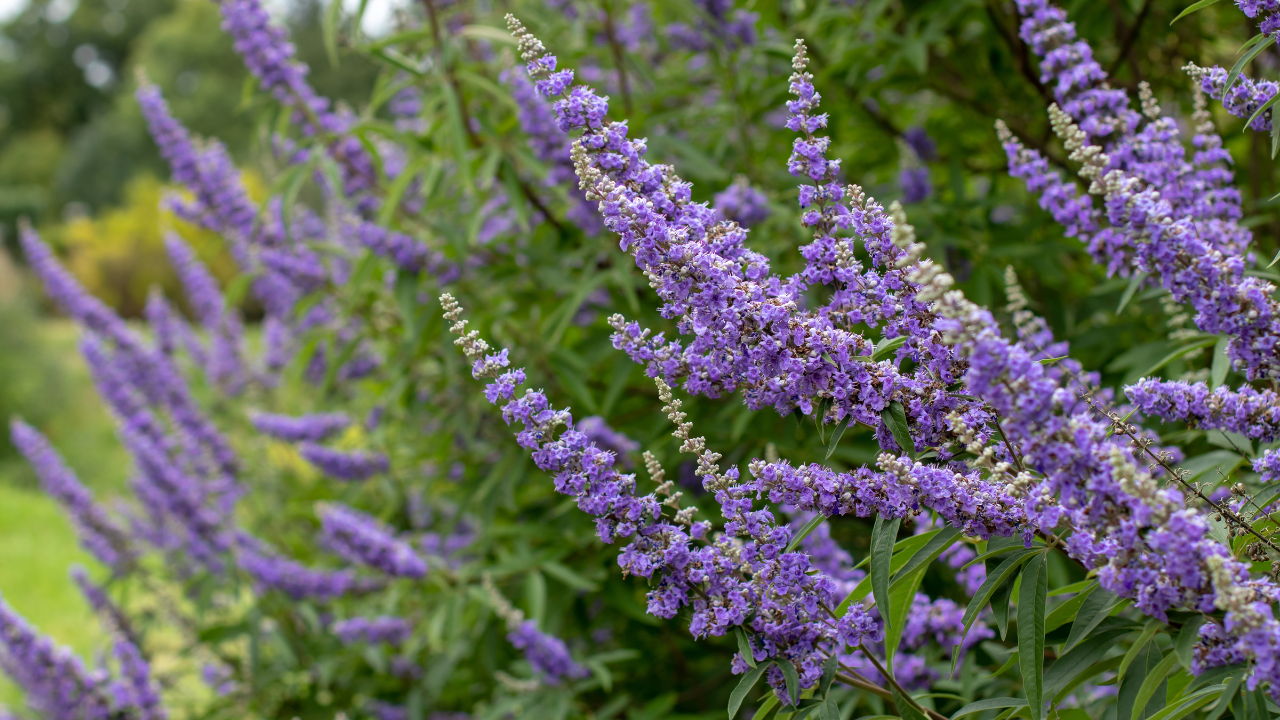
Vitex acts on the pituitary gland, the “master regulator” of hormones. This makes it especially powerful for women whose cycles have become irregular or whose PMS symptoms stem from hormonal imbalance. Historically called “chasteberry” because of its effect on reducing sexual desire in monks, Vitex helps regulate progesterone, lengthen short luteal phases, and improve fertility when conception feels out of reach.
It also helps for those struggling with sluggish or erratic menstruation. It often takes several months of consistent use before its full benefits are felt. While highly effective, Vitex should be avoided during pregnancy, since its hormone-modulating effects can interfere with early gestation.
Shatavari
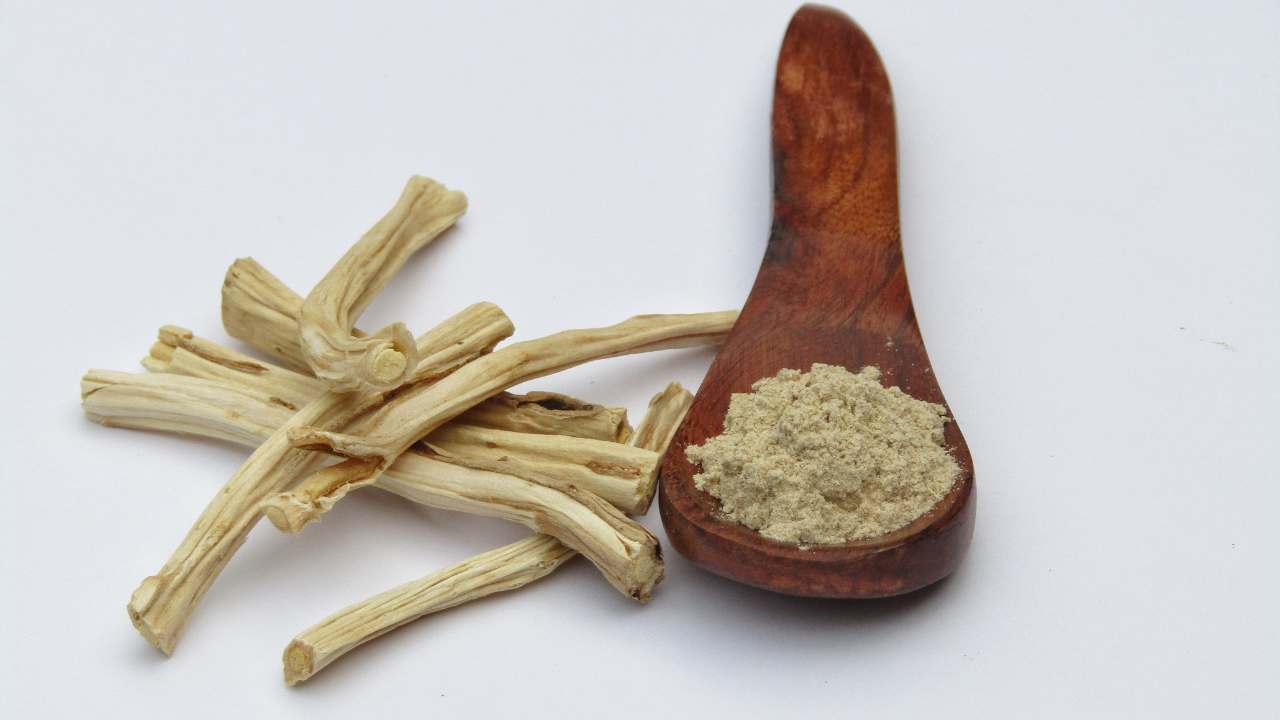
Shatavari brings moisture and nourishment to a tired reproductive system. When dryness shows up this root helps tissues feel cushioned and supple again. Women use it to steady night sweats and temperature spikes, and to smooth the mood swings that creep in around perimenopause.
It also supports conception by improving the “juicy” signs of fertility. Most feel the difference after a few weeks of steady use where it is taken as capsules or a small spoonful of powder in warm milk at night. If you’re sensitive to asparagus or navigating an estrogen-driven condition, check in with a practitioner first. In pregnancy, only use with guidance.
Dong Quai (Female Ginseng)
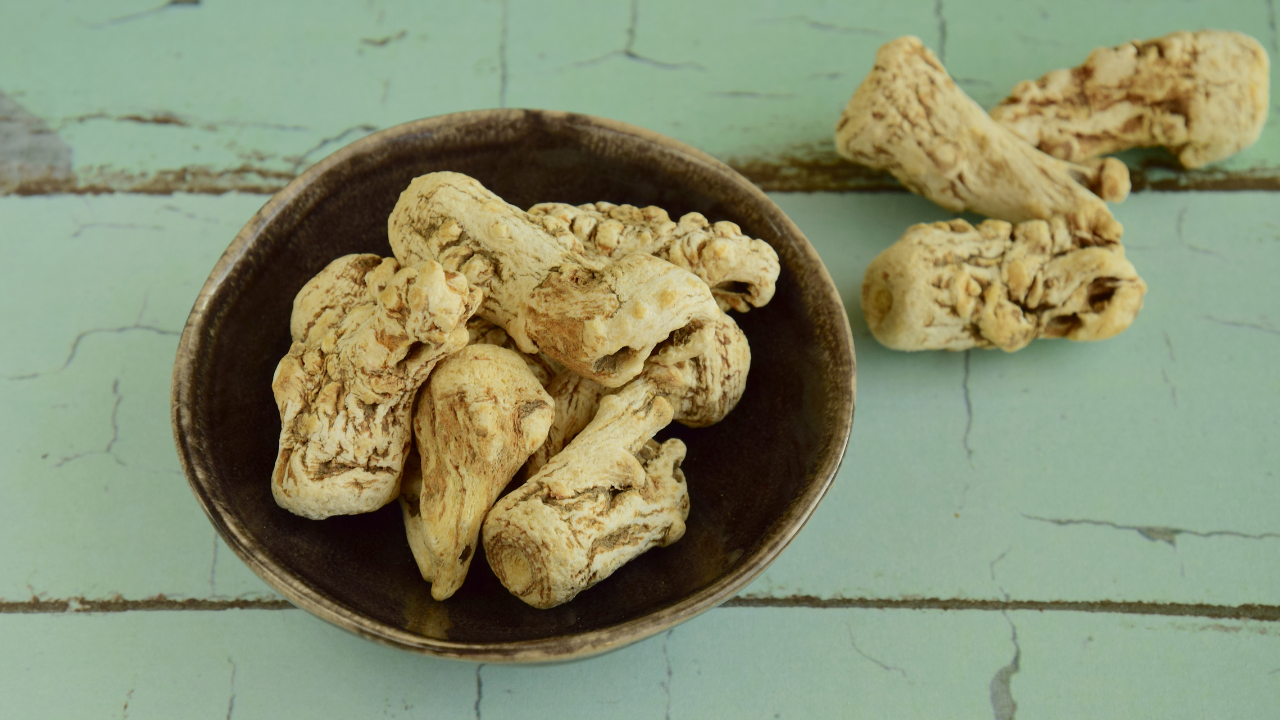
When periods are slow to start, crampy, or feel stuck, Dong Quai helps get things moving. It brings more blood flow to the pelvis, which can support regular cycles. Many women reach for it when fibroids, PCOS, or endometriosis come with that heavy, achy stagnant feeling.
You’ll often notice the shift when it’s taken between bleeds as a tea, decoction, or tincture. Skip it if you’re pregnant, bleeding very heavily, or using blood thinners; it can also make you a bit more sun-sensitive, so add sunscreen if you’re outdoors a lot.
Wild Yam
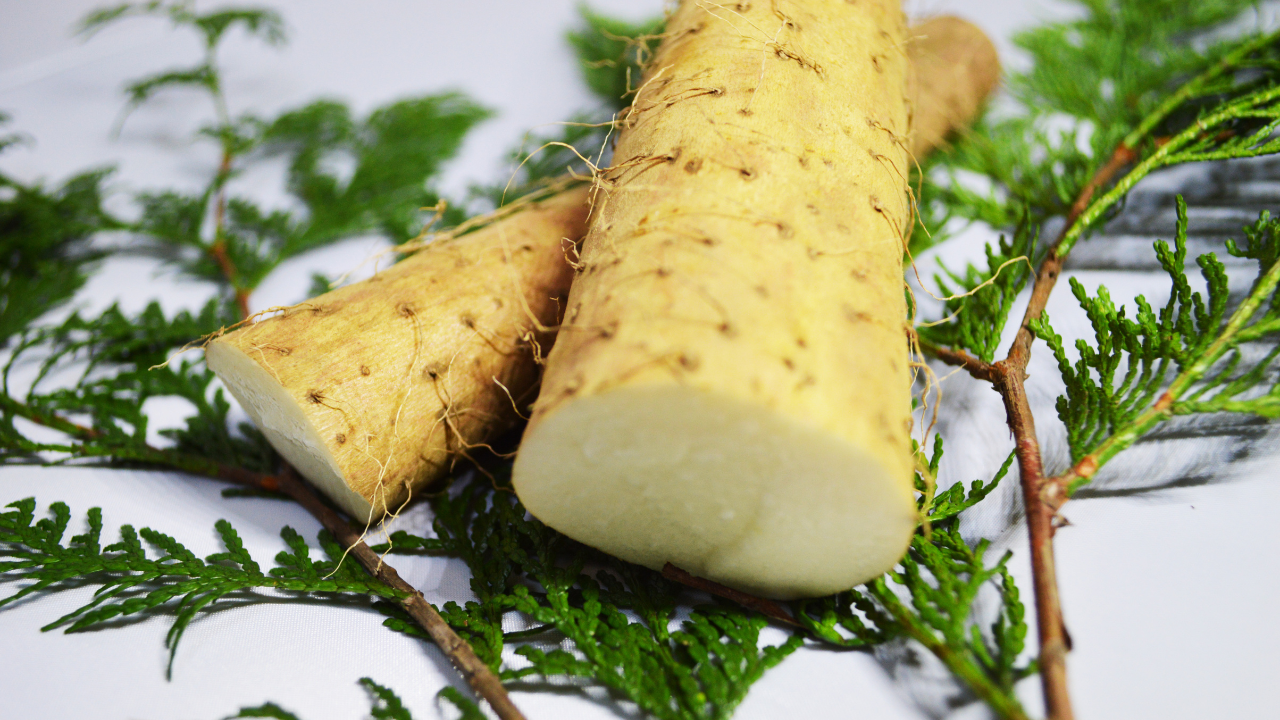
Wild yam can elleviate pain in the uterus. It’s useful in the 24–48 hours around peak cramps, and some women take a small daily dose through the luteal phase if spasms arrive like clockwork. You’ll see wild-yam creams marketed like “natural progesterone,” but your body doesn’t convert the plant that way; the real win is its antispasmodic relief and gentleness on a tender belly. Avoid during pregnancy and with topicals, stop if your skin gets irritated.
Peppermint
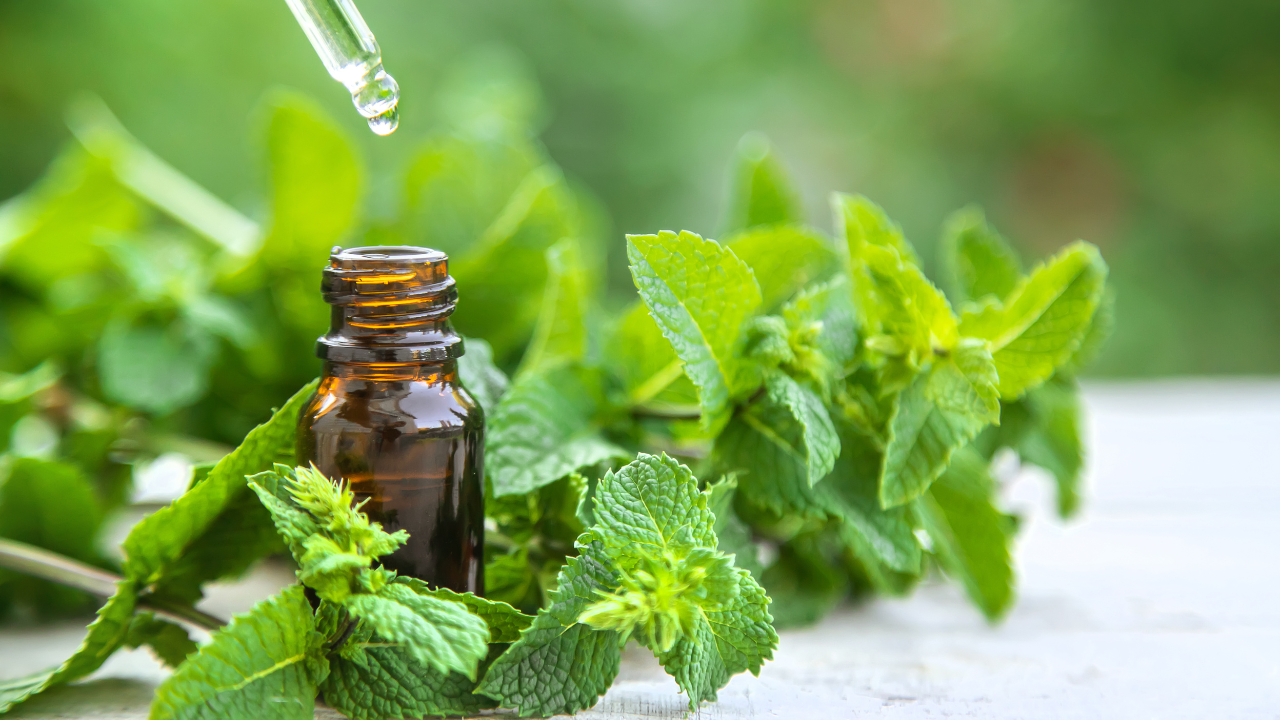
Peppermint is a fast, simple way to dial down period pain and bloat. A strong cup of peppermint tea takes the edge off uterine cramps and the bowel spasms that often flare with endometriosis. The cooling effect also eases gas and nausea that show up around bleeding.
Drink 3 cups of hot tea a day during the first 24–48 hours of cramping, or a few drops of diluted essential oil massaged clockwise over a gassy belly (never apply essential oils neat to vulvar tissue). If you experience reflux, choose tea over capsules, as peppermint oil can loosen the esophageal sphincter and aggravate heartburn.
Black Cohosh
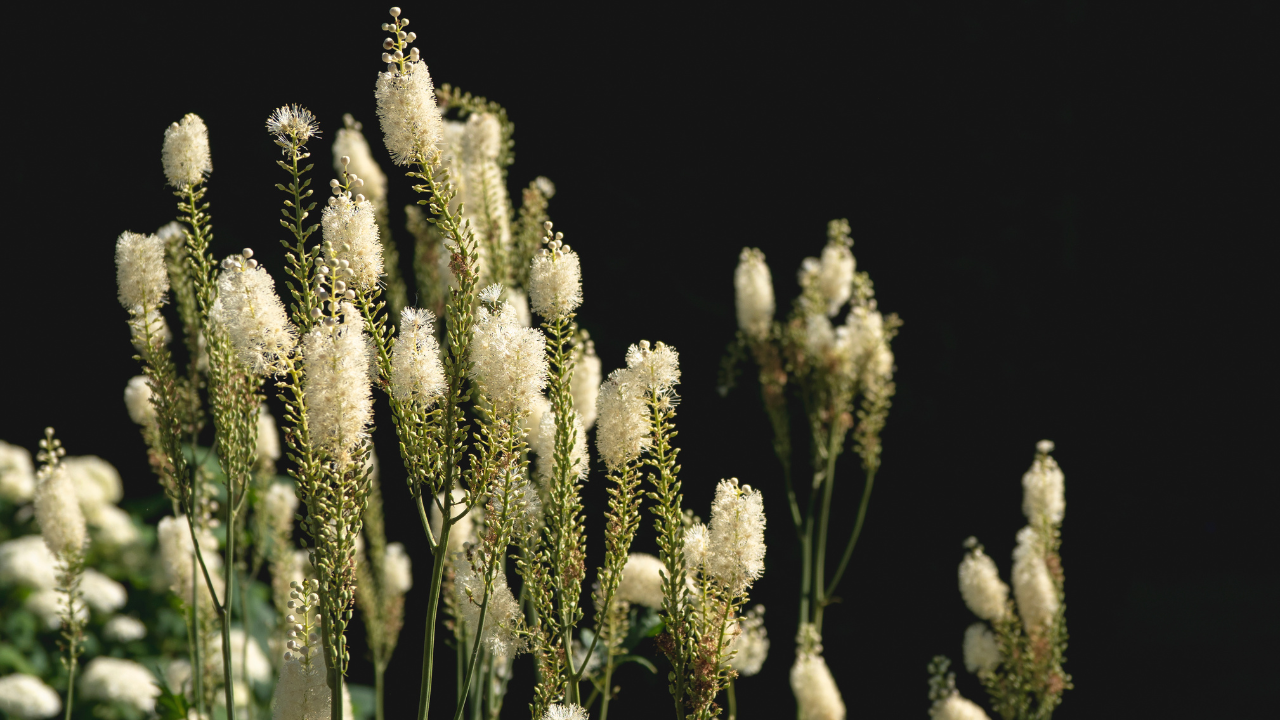
Black cohosh is a go-to for menopausal symptoms. It acts at estrogen receptors in a modulatory way, which is why many women notice fewer hot flashes, better sleep, and more comfort with vaginal dryness after steady use.
It can also help with crampy pelvic pain when cycles are winding down. Best results come from standardized extracts taken daily for several weeks. Avoid in pregnancy and check in with a practitioner if you have a history of liver issues or are on medications processed by the liver; and reassess every 3–6 months to confirm you still need it.
Red Raspberry Leaf
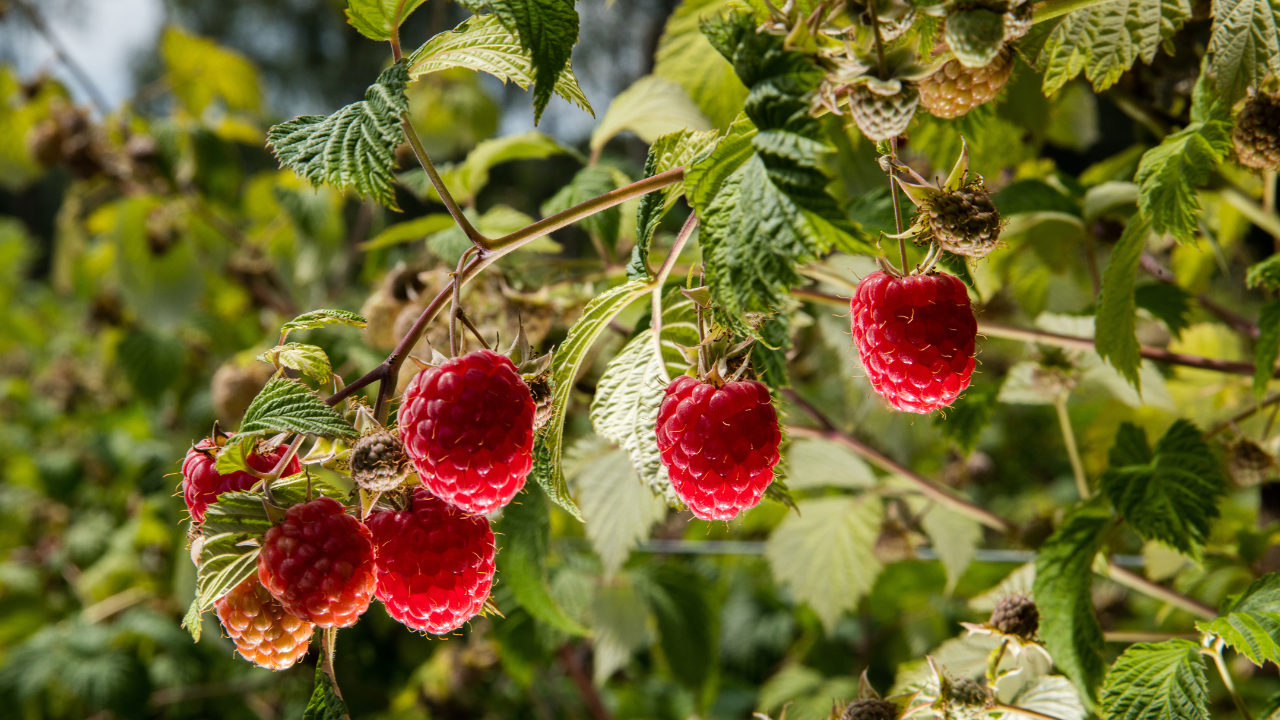
Red raspberry leaf is the classic uterine tonic. Women use it to build a steady, dependable uterus that works efficiently during labor. As a daily tea in the second and third trimester, it can help tone the uterine muscle, which many midwives associate with more coordinated contractions and easier pushing.
Post-birth, the mineral-rich infusion supports milk production and helps the body replenish after bleeding. For effectiveness, brew a strong infusion (1–2 tablespoons dried leaf per mug, steep 15–20 minutes). Most avoid it in the first trimester unless guided and pause use if you notice stronger-than-usual Braxton Hicks or a tendency to contract too hard.
How to Safely Incorporate Herbs
-
Yoni steaming: This involves squatting or sitting over a pot of warm water infused with herbs, allowing gentle steam to rise into the vaginal canal and pelvic tissues. The warmth increases circulation and can relax the muscles.
-
Teas & infusions: Herbs can be steeped in hot water and sipped as a tea, or left overnight for a stronger infusion that extracts more minerals. This method offers gentle, daily nourishment that supports the body over time.
-
Capsules & tinctures: Herbs may also be taken in concentrated forms. Capsules deliver powdered herbs in a consistent dose, while tinctures are liquid extracts absorbed quickly into the bloodstream.
-
Topical oils & salves: Infused oils or salves are applied directly to the skin around the belly, pelvis, or perineum.
Curated Yoni Steam Herbal Blends for Womb Health
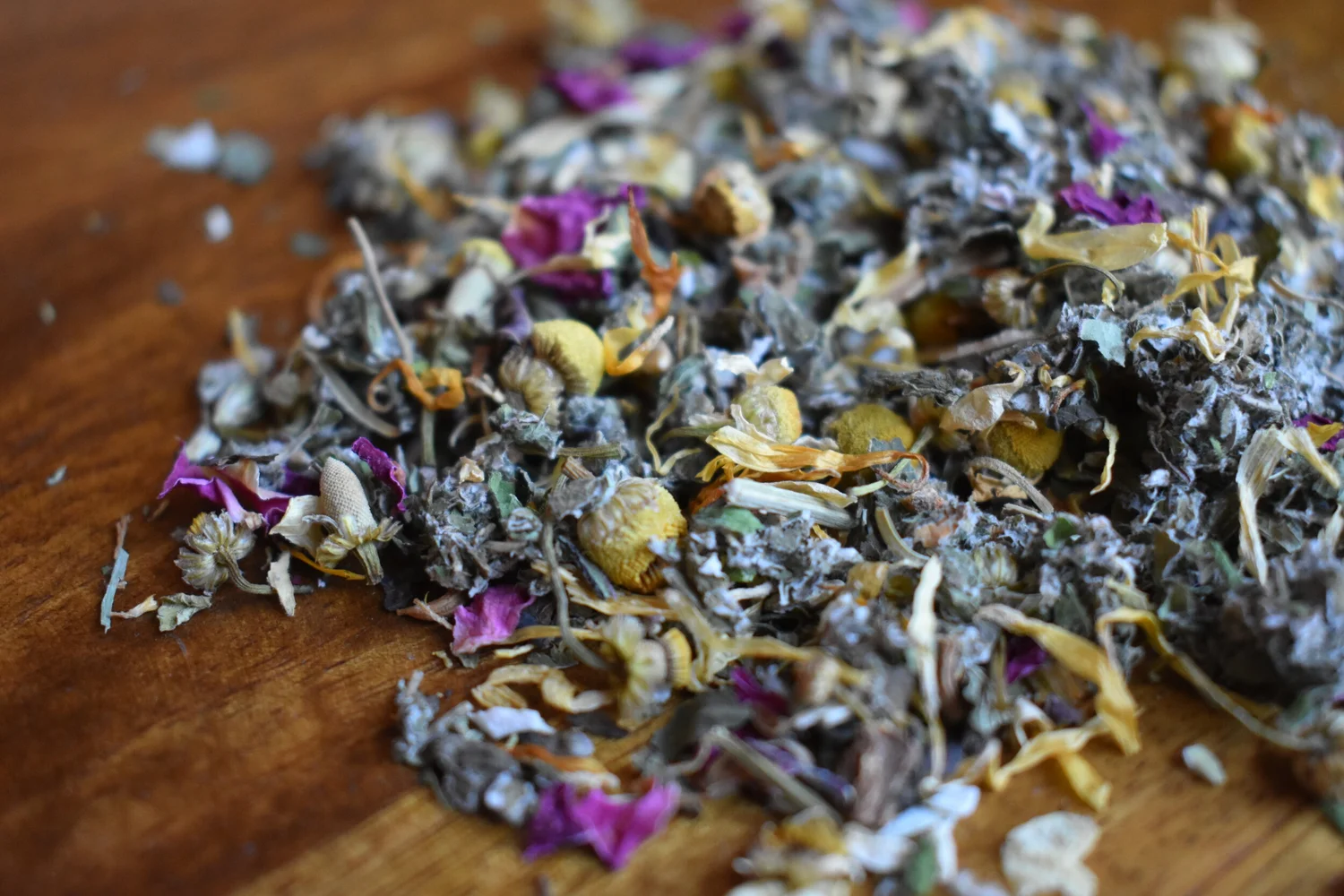
On our sister site, The Empowered Woman, our shop offers curated herbal blends for yoni steaming that are targeted at womb healing.
Nourish Blend - Tone & Moisturize
Built for comfort and steadier cycles, Nourish brings supple tissue and efficient uterine tone. The combination of rose, marshmallow, raspberry leaf, motherwort, chamomile, dong quai, black cohosh, and St. John’s wort supports moisture where dryness shows up, eases pelvic tension, and encourages a cleaner, less exhausting bleed.
Relieve Blend - Pain & Cramp Relief
With rose, calendula, lemon balm, dong quai, black cohosh, chamomile, and St. John’s wort, this blend targets the pattern of tight, radiating pain and the drain that follows. It supports smoother contractions and settles gut–pelvic spasms that flare around a bleed.
Fertility Blend - Support Hormonal Balance
Raspberry leaf, lady’s mantle, dong quai, and damiana work together to support a well-nourished lining. Taken in the follicular phase (after bleeding through ovulation), it encourages warm pelvic circulation and a responsive endometrium while keeping tension low so arousal and the practical side of baby-making don’t cancel each other out. If you’re actively trying to conceive, pause use after ovulation for one week.
Bless Blend - Pelvic Calm & Womb Comfort
Bless is formulated to downshift an overwired system so the womb can relax and function well. Holy basil helps quiet stress-driven hormone swings that tighten the pelvis and throw cycles off rhythm; sage supports temperature regulation and fluid balance when heat and dryness lead to irritation; lavender eases pelvic muscle guarding that can amplify cramps; and rose brings gentle tissue comfort and micro-circulatory support.
Conclusion
My favorite womb health herbs are raspberry leaf and chamomile, I use them as teas and in my yoni steams. Raspberry steadies the uterus; chamomile softens cramps and settles the nerves. .
If this article gave you a nudge, keep it simple. pick 1–2 herbs, choose a form (tea, infusion, or a gentle steam), and track how your body responds over two cycles. Notice the basics, like bleed quality, cramp intensity, lubrication, sleep, and mood, and adjust your self care practice from there.
If you prefer ready-made formulas, explore our curated blends on The Empowered Woman.
So pick your herbs or blend, make a tea, or put together a steam, and start experiencing what these plants can do for your body.
Frequently Asked Questions
Supporting womb health is a holistic process rooted in reproductive wellness. Womb health herbs like nettle, red raspberry leaf, and oat straw have gained immense popularity because they supply essential trace minerals, regulate hormone secretion, and improve general reproductive health. Combined with practices from herbal medicine, such as drinking daily infusions, gentle steaming, and topical oils, these remedies strengthen uterine health, restore hormonal balance, and ease menstrual disorders.
The womb is a self-cleansing organ, primarily through the menstrual cycle, but herbal remedies can help the body maintain balance. Instead of aggressive cleanses or medical intervention, reproductive health can be supported with teas, infusions, and traditional Chinese medicine formulas that focus on uterine health. Herbs commonly used for this purpose include raspberry leaf to tone uterine muscles, nettle for improving red blood cell count, and wild yam, which helps balance sluggish menstruation and eases menstrual pain. These approaches align with women’s health practices across cultures, where herbal medicine has been valued for its few adverse effects compared to invasive treatments.
Herbal medicine offers a wide array of potent women’s herbs that address ovarian and hormonal imbalances. Female ginseng (dong quai), long revered in Chinese medicine, is a fertility aid that helps regulate hormone secretion, stimulate milk production in postpartum recovery, and restore reproductive health. Wild yam is another herb commonly used to support ovarian function, reduce PMS symptoms, and ease body pains linked to reproductive disorders. Nettle and oat straw are unique medicinal foods that not only supply essential trace minerals but also improve reproductive wellness and fertility challenges by nourishing the endocrine system. These herbs support women suffering from irregular menstrual cycles, menopausal symptoms, and stress response imbalances that affect the ovaries.
Herbs that act directly on the uterus are both powerful and require careful use. Red raspberry leaf is the most well-known uterine tonic, often recommended for pregnant women in the second and third trimester to strengthen uterine muscles, ease labor pains, and increase milk production postpartum. Black cohosh and motherwort have a rich history in traditional herbal medicine for stimulating uterine contractions, helping with menstrual cramps, and regulating menstrual disorders. These herbs support women experiencing fertility challenges, PMS symptoms, or uterine fibroids, but they must be avoided early in pregnancy.

